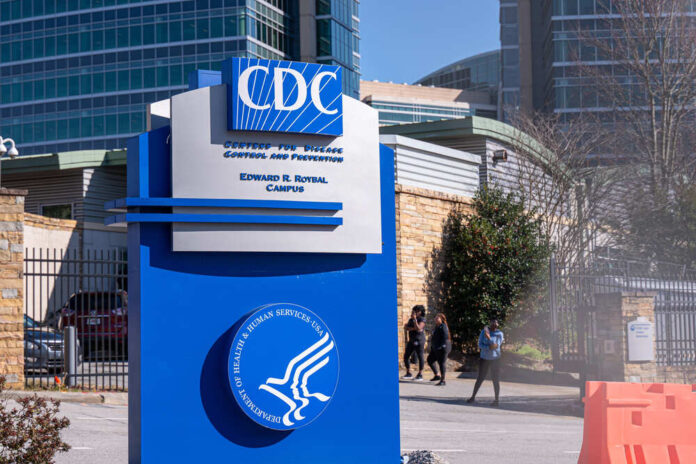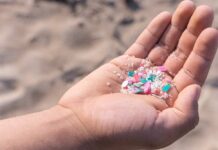
The CDC has released research that associates neti pots and other nasal-rinsing devices with acanthamoeba, a potentially harmful amoeba. These implements, which resemble little teapots with lengthy spouts, aid in clearing blocked nasal passages, allowing individuals to breathe more easily. However, the FDA has long cautioned that nasal irrigation devices might raise the risk of infection if used improperly, such as with tap water.
Neti pots, commonly crafted from plastic or ceramic, are among the most well-known implements for nasal rinsing. Although the water from American taps is treated to ensure it is safe to drink, it may still contain trace amounts of microorganisms. A third of Americans mistakenly believe that water from the faucet does not contain bacteria or other microbes. If you want to rinse your sinuses, over two-thirds of people think tap water is fine.
When irrigating the nose, the CDC suggests utilizing sterile, distilled, or water that has been boiled for at least one minute. To use, just fill the nostrils with saline solution, pour it into one nostril, and it will remove any allergies or other pollutants from the nasal canal.
A growing number of Americans have asthma, allergies, and other respiratory conditions, which may explain the meteoric rise in neti pot usage over the past few decades. Some people find using squeezable plastic bottles or specifically designed cups to rinse their nasal passages more comfortable.
The CDC investigated ten persons infected between 1994 and 2022, nine of which happened in the last decade. Only three people made it through the ordeal.
The Centers for Disease Control and Prevention (CDC) requests that doctors inform their patients about acanthamoeba infections and how to rinse their noses correctly.
Use safe water when washing your nose; this includes boiling and cooling water and purchasing distilled or sterile water. This will significantly reduce your risk of infection.














